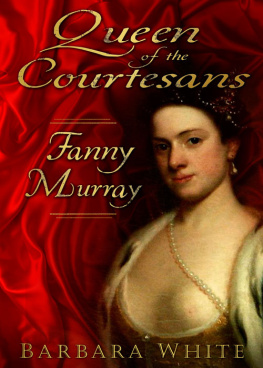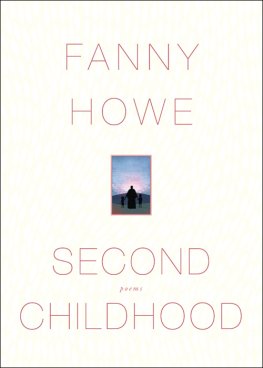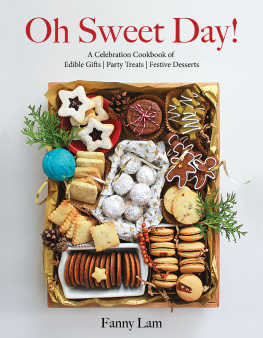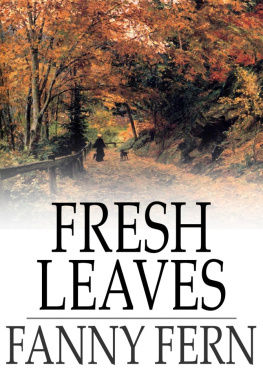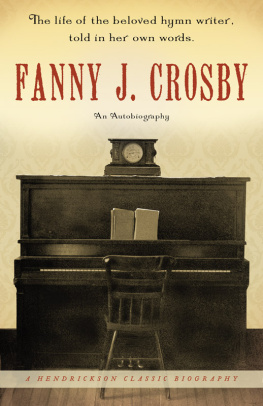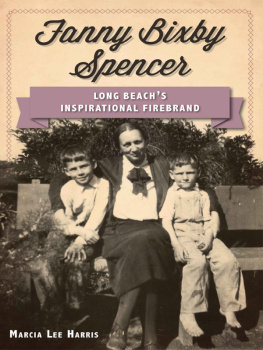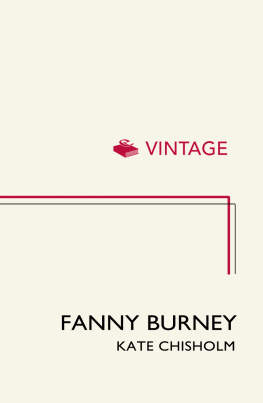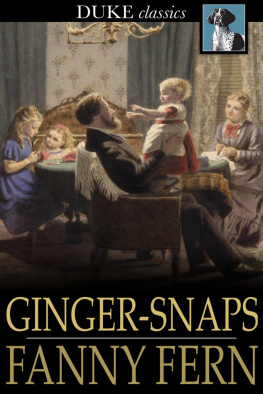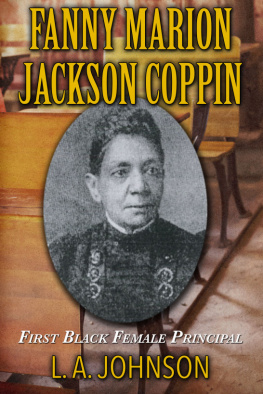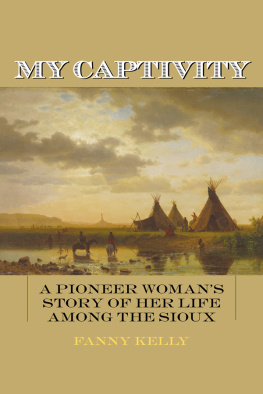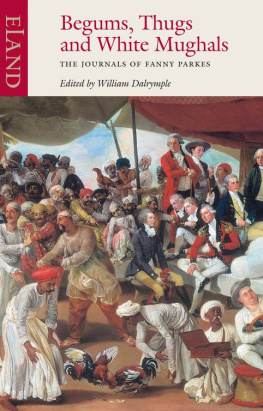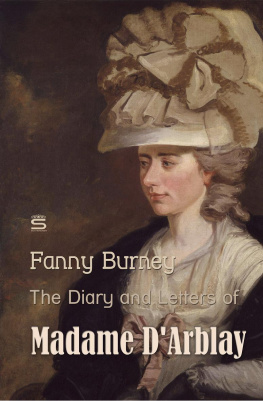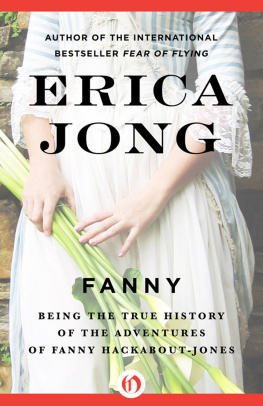
In memory of my parents
Thelma and David G White
Contents
The spelling, punctuation and capitalisation of original documents has been retained to give the reader a sense of the colour of the period, although the long s and other typographies have been modernised. American spelling has been anglicised. Quotations from An Essay on Woman have been taken from Arthur H. Cashs reconstruction of the poem. Where appropriate, page references to The Memoirs of the Celebrated Miss Fanny M----- (1759) are given within the text.
Square brackets around an authors name such as [John Oldmixon] denotes that the writer was the probable author even though his name does not appear on the title page. Square brackets around dates such as [1765] indicates that this is the most probable date of publication, even though it might not appear in the text.
Before 1752, according to the Julian or Old Style calendar, the New Year began on 25 March. Throughout this text, the Gregorian or New Style calendar has been adopted and the year taken to begin on 1 January.
The place of publication of books cited is London unless stated otherwise.
Pre-decimal Currency
Prices are given in the currency of the time, and the purchasing power calculator at http://www.measuringworth.comhas been used to estimate modern values.
One pound was made up of 20 shillings or 240 pence, so that there were 12 pence to a shilling. A crown was 5 shillings; and half a crown, 2 shillings and sixpence this was written as 2 s 6 d . A guinea was 1 pound 1 shilling 1 1 s 0 d ; 2 guineas, 2 pounds 2 shillings and written as 2 2 s 0 d , and so on.
Abbess, or Lady Abbess | the keeper of a high-class brothel. |
Bagnio | a bathing house, but with a reputation for sexual intrigue. |
Bawd | brothel-keeper. |
Bawdy house | brothel. |
Bon ton / haut ton | fashionable and highly fashionable society. |
Demi-monde | a class of women of dubious reputation, including actresses and courtesans, who inhabited a world on the edge of respectable society. |
Demi-rep | a woman of doubtful reputation including actresses and courtesans. Literally half reputation. |
Dirty | disreputable. |
Gallantry | sexual intrigue. |
Fleet marriage | until Hardwickes Marriage Act (1753), this was a legally binding marriage which did not have to take place in church and which required neither banns nor licence. |
High-keeping | the maintenance of a mistress in the greatest of luxury. |
Keeper/protector | a man who keeps a mistress. |
Nosegay | a posy of fragrant flowers often used to ward off evil smells. |
Nunnery | a high-class brothel, run by an abbess. |
Sponging/spunging house | a place of temporary confinement for debtors, normally run by the local bailiff. |
Abbreviations
BCL | Bath Central Library. |
Biographical Dictionary of Actors | Philip H. Highfill, Kalman A. Burnim, Edward A. Langhans (eds), A Biographical Dictionary of Actors, Actresses, Musicians, Dancers, Managers & other Stage Personnel in London , 16601800 , 16 vols (Carbondale and Edwardville: Southern Illinois University Press, 197393). |
BL | British Library, London. |
BM | British Museum, London. |
BRO | Bath Record Office. |
LMA | London Metropolitan Archives. |
NMM | Caird Library at the National Maritime Museum, London. |
N & Q | Notes and Queries . |
RCS | Library of the Royal College of Surgeons of England, London. |
T & C | Town and Country Magazine . |
WAC | City of Westminster Archive Centre. |
Walpole Correspondence | Peter Cunningham (ed.), The Letters of Horace Walpole, Earl of Orford , 8 vols (Richard Bentley, 1857). |
WNA | Woodhorn Northumberland Archives. |
Numerous individuals have been instrumental in offering advice and encouragement during the writing of this book and I would like to begin by thanking The History Press in particular, Katharine Reeve, Gary Chapman and Stuart Biles for their belief in Fanny Murray, and for bringing this fascinating courtesan to the page. I am also grateful to Lindsey Smith for her patience and helpfulness in answering my many enquiries during the process of writing, and especially to my editors Mark Beynon and Rebecca Newton for their considerable support and advice.
I would also like to thank the staff of the following libraries and archive centres without whose kindly assistance, help and knowledge, this book would not have been possible the Bodleian Library, the British Library, the Caird Library at the National Maritime Museum, the City of Westminster Archive Centre, the Department of Prints and Drawings at the British Museum, the Library of the Royal College of Surgeons, the London Metropolitan Archives, the National Art Library at the Victoria and Albert Museum, the National Library of Scotland, and Woodhorn Northumberland Archives. Thanks are especially due to Anne Buchanan, the local studies librarian at Bath Central Library, and also to Lucy Rutherford, the archivist at Bath Abbey; Jo Johnston, formerly archivist at Bath Preservation Trust; and Colin Johnston, the principal archivist, and the staff of Bath Record Office, all of whom were immensely helpful as I sought to confirm Fanny Murrays connections with Bath.
I am also indebted to John Montagu, 12th Earl of Sandwich, for his patience in answering my questions regarding the minute book of the Divan Club (174446), known as Al Koran , and on Murrays involvement with the club. I am equally grateful to Sir Edward Dashwood, Bt, for his clarification on the identity of the sitters for the oriental portraits at West Wycombe Park, and for his kind permission to reproduce his portrait of Fanny Murray. My thanks also go to Roderick D. Cannon and Keith Sanger who were especially helpful in sharing their considerable knowledge about eighteenth-century pibrochs as I tried to identify the addressee of the Scottish piping tune, Salute to Miss Fanny Murray.
Friends and colleagues have been overwhelmingly kind in their unflagging support and encouragement, and I would particularly like to thank Martine Brant, Barbara Cheney, Graham Davis, Ian Gregson, George O Har, Claire Pickard, and Neil Sammells for reading draft chapters the book has profited greatly from their insightful comments and suggestions. In addition, Judi Stephenson, Michael Stewart and Martine Brant offered generous hospitality and joyful company on research trips to Buckinghamshire, Edinburgh, Oxford and Northumberland. I have also been fortunate to have a sisterhood of my own to rival that of Fanny Murray (including some honorary females), all of whom have provided immense encouragement, quite often over welcome cups of coffee, lunches and dinners, and I would especially like to thank Judith Birch, June Breeze, Chris Brown, Helena and David Cook, Stephanie Fleet, Becky Gallagher, Jane Glaser, Peta Hall, Mary Hayward, Carol Jenkins, Penny Holroyd, Roy Johnson, Joyce McDonald, Elspeth Montagu, Chris Pelling, the Priory girls, Diana Rejiester, Janet Scott, Su Underwood and Joan Walker.
Next page
